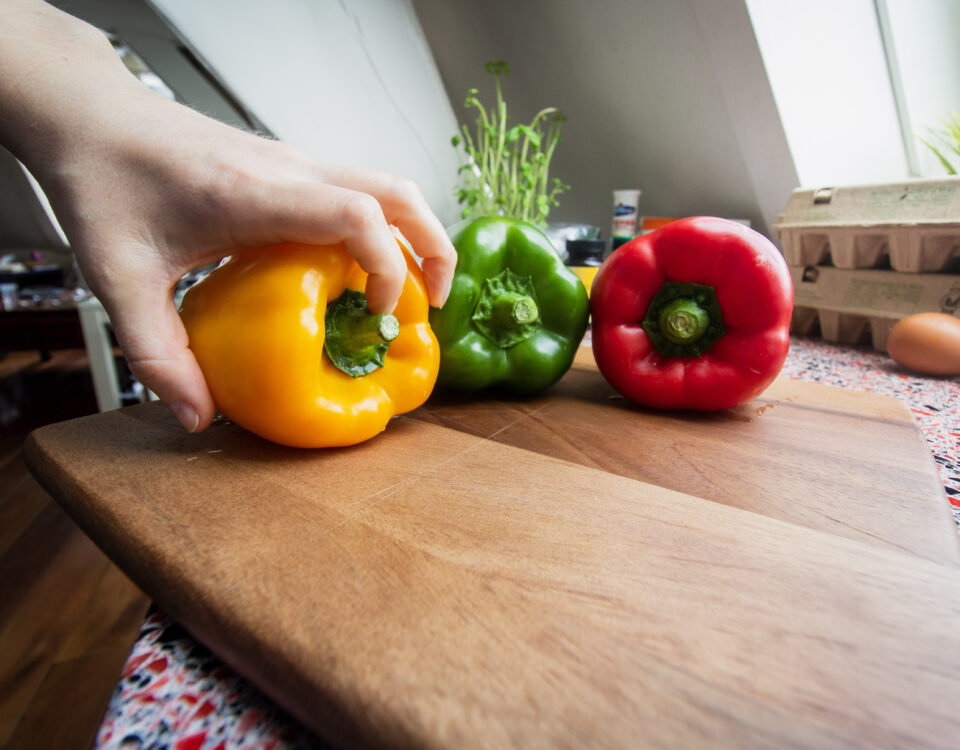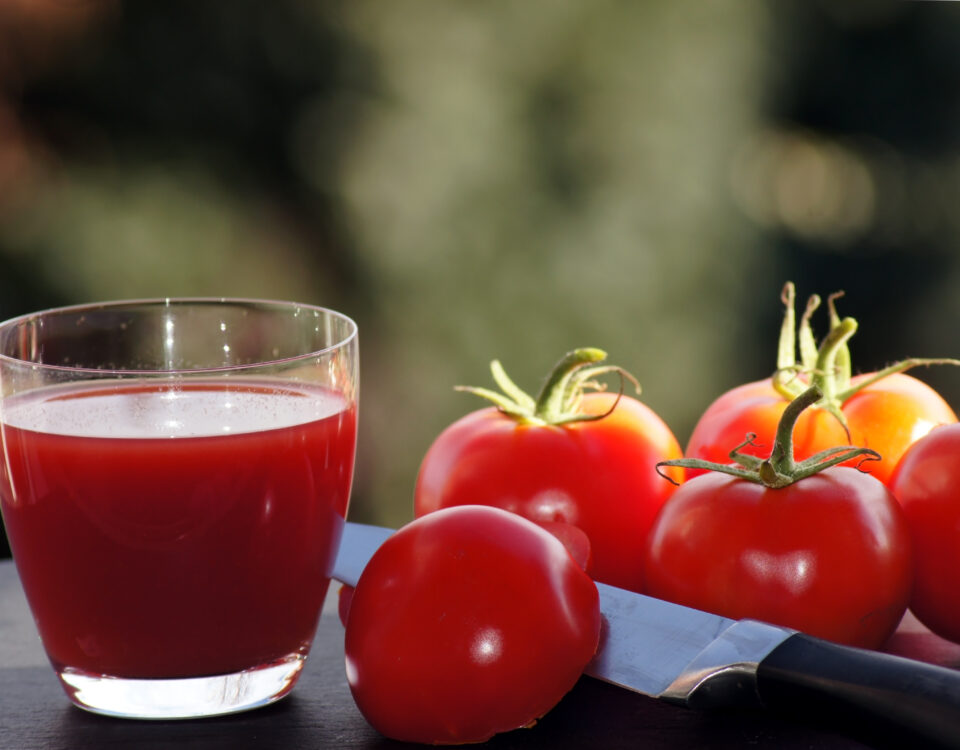
Foods to Avoid with GERD Acid Reflux
September 27, 2025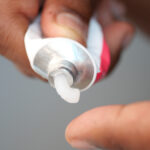
Hydrocortisone USP 2.5 Cream for Hemorrhoids
September 30, 2025Fruit Juice Low in Acid: Best Drinks for GERD and Acid Reflux Relief
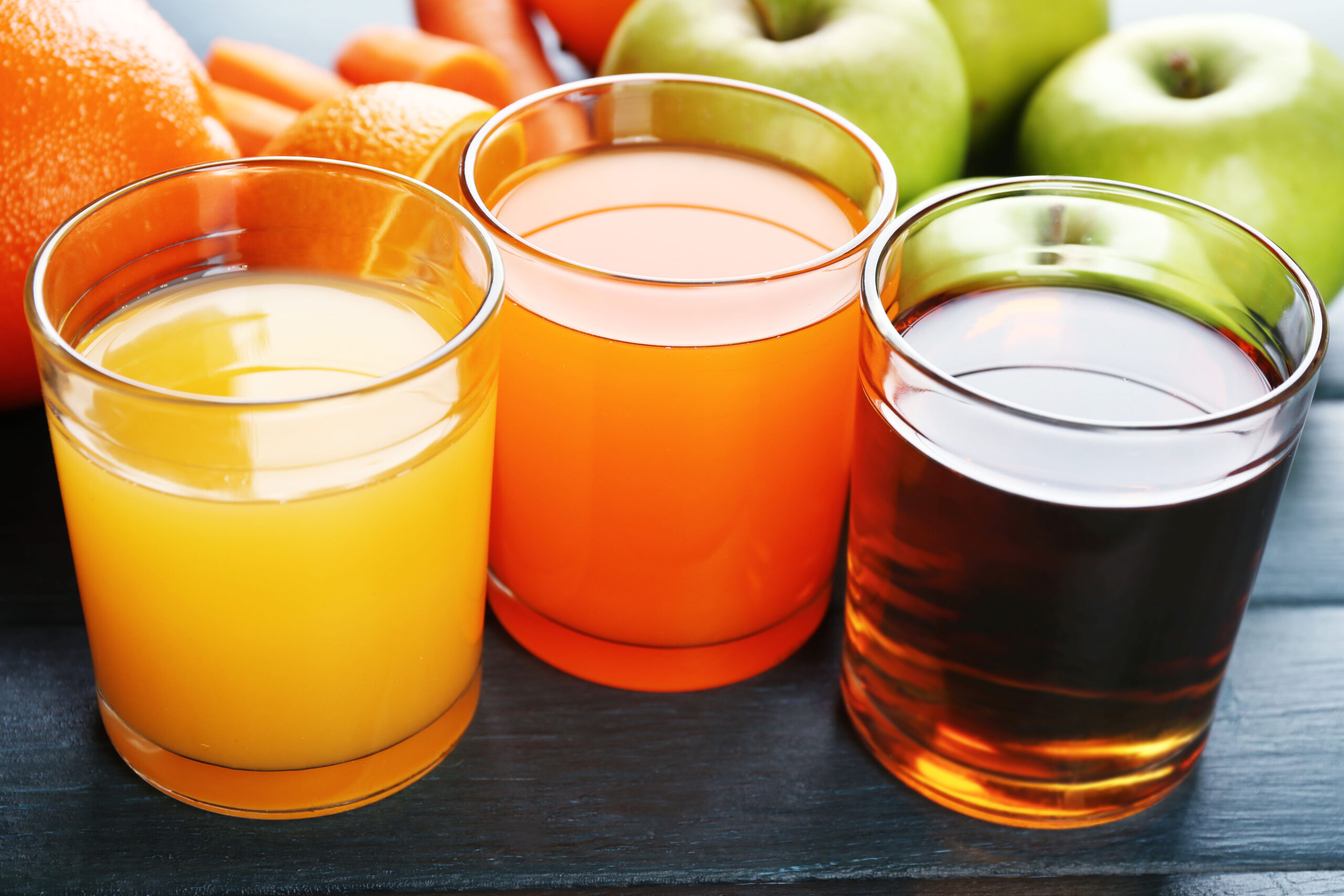
Having gastroesophageal reflux disease (GERD) or acid reflux is a condition that requires one to be conscious of what is eaten or drunk. Acidic drinks, such as most fruit juices, may cause heartburn or cause symptoms to be worse. We support our patients at Vanguard Gastroenterology, New York, NY, in managing GERD using diet and specialized care. There is a low acid fruit juice, which is discussed in this comprehensive guide and is safe, soothing, and makes your digestive system so happy.
You may be looking to find fruit juices with low acid content, low acid fruit beverages, an acid-free fruit list, or a low acid fruit list, this blog offers evidence-based information to make a wise choice. We will discuss the top low-acid juices and how to reduce the symptoms of reflux, based on the latest research found in 2025.
Understanding GERD and the Role of Low-Acid Juices
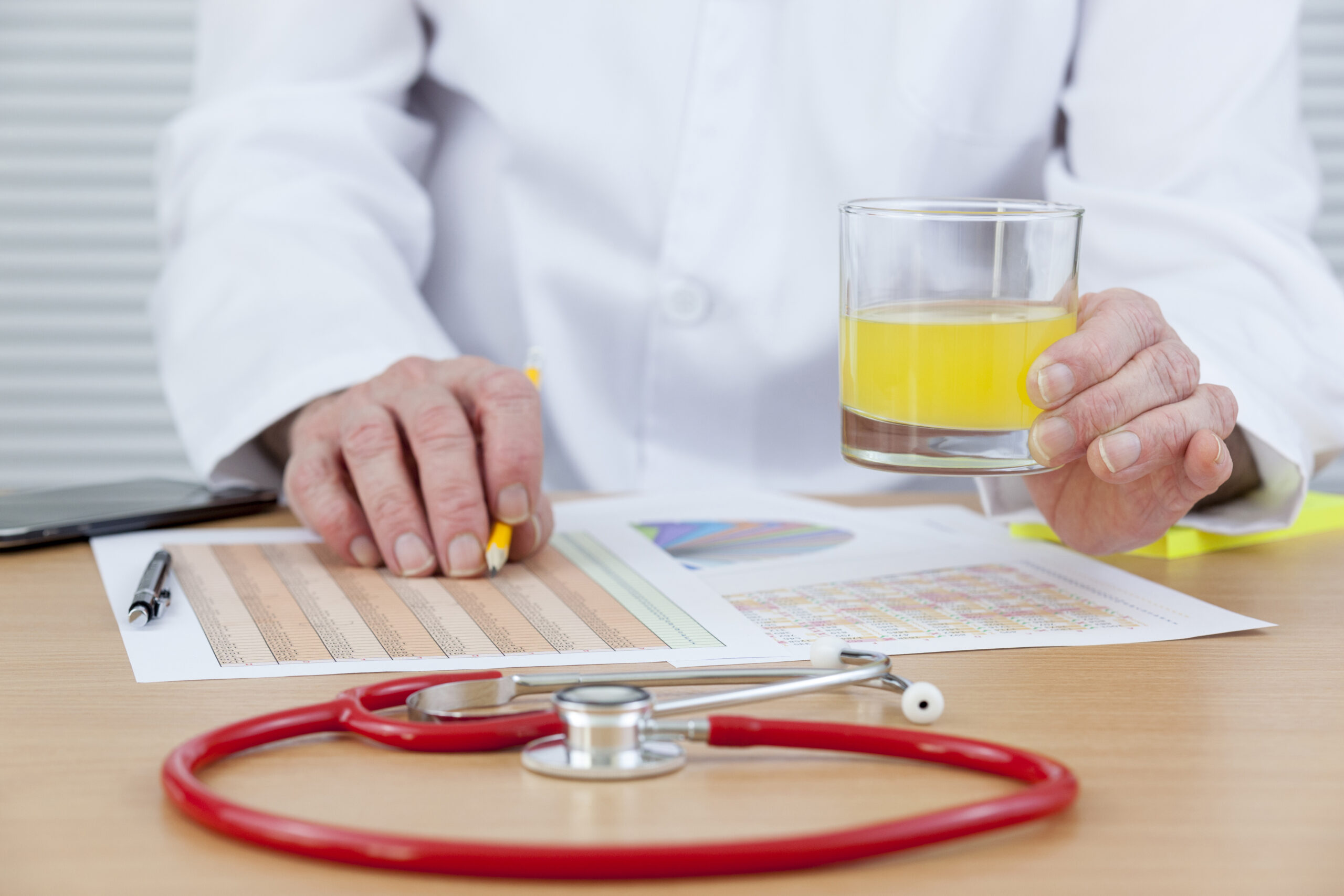
GERD is a condition that occurs when acid in the esophagus is refluxed into the stomach as a result of a weakened lower esophagus sphincter (LES) leading to acid reflux that contributes to heartburn, regurgitation, or sore throat. Food or beverages that are acidic such as citrus or tomato juice may loosen the LES or aggravate the esophagus. As Cleveland Clinic suggests in a 2025 update, one of the most important strategies in the management of GERD is the choice of low-acid beverages.
Less acidic fruit juices are of a higher PH (less acidic), and are less harsh on the stomach and esophagus. These beverages have the ability to dilute stomach acid and hydrate without causing reflux. Use of fruit juices like pears or apples (non-citrus) are typically generally tolerable as recent Mass General Brigham guidelines suggest.
Why Choose Fruit Juices Low in Acid?
Orange or grapefruit juice contains a very low acid (around 3,4), and this may also irritate the esophageal lining. Conversely, fruit beverages with low acid content have a pH value nearer to neutral (circa 5,7) and are not as likely to be uncomfortable. In a 2024 article published by Journal of Functional Foods, it is stated that low-acid diets may reduce reflux episodes in patients with GERD by 40 percent.
Drinking low acid fruit drinks also helps the general health of the digestive system by:
- Calming irritation of the esophagus.
- Hydrating the stomach acid.
- Providing some nutrients such as vitamins and antioxidants without causing symptoms.
At Vanguard Gastroenterology, patients learn to recognize dietary triggers and develop individual plans of action through our GI consultations.
Top Fruit Juices Low in Acid for GERD Relief
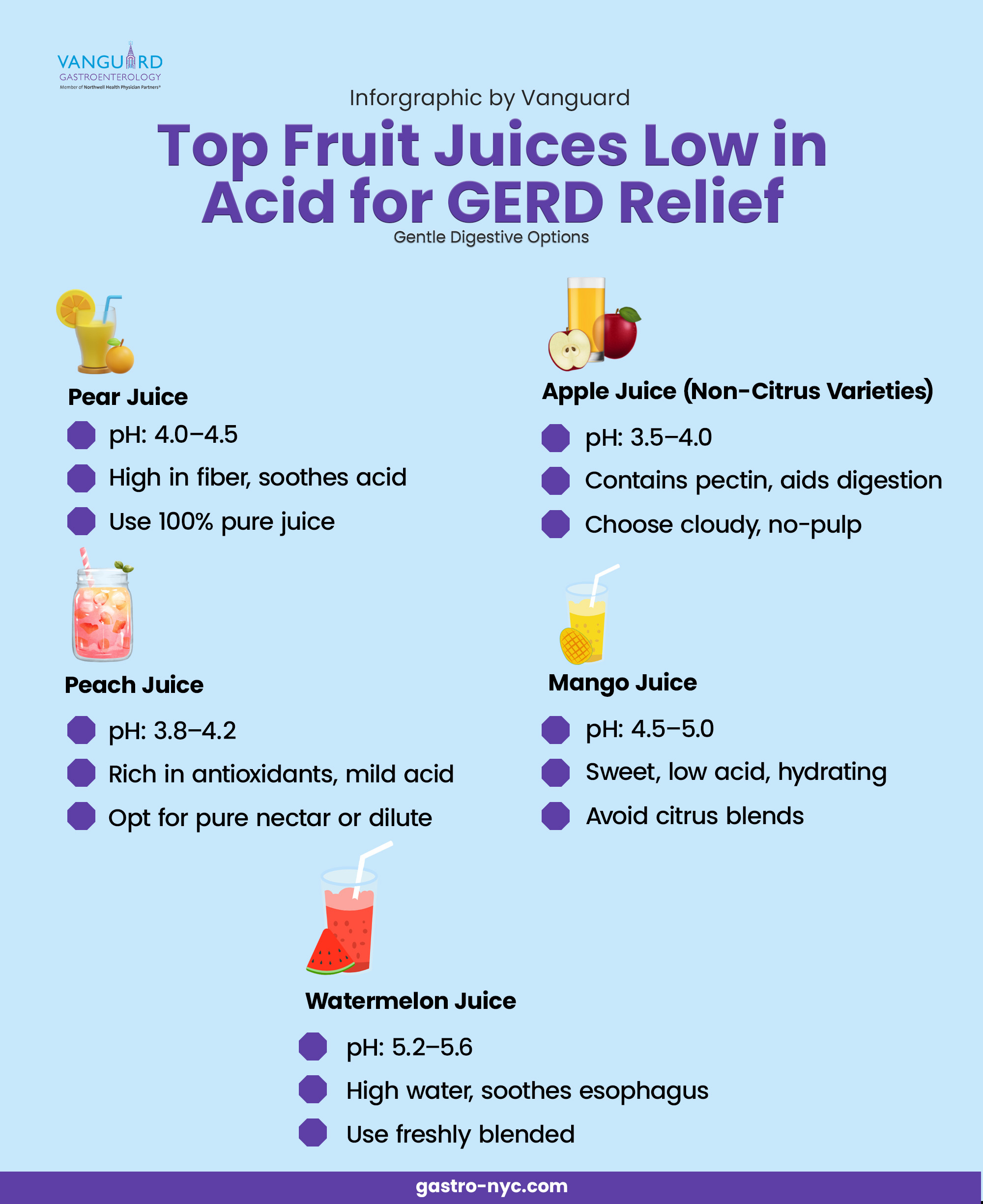
List of low acid fruits (juices) that are mild to the digestive system, recommended by sites such as Everyday Health and Healthline:
1. Pear Juice
- pH: = -4.0, 4.5 (not as acidic as citrus)
- Pros: Fiber-rich, relaxing and just naturally sweet. Pears are alkaline in nature and neutralize stomach acid.
- Hint: Select 100 percent pear juice that does not contain added sugar or citric acid. Such brands as R.W. Knudsen are pure.
2. Apple Juice (Non-Citrus Varieties)
- pH Level: ~3.54.0
- Pros: Apples are low in acid, relative to citrus, and they contain pectin that facilitates digestion. Use varieties that are not full-bodied, i.e. cloudy and no-pulp.
- Hint: Do not use apple cider which can be more acidic or have spices that cause reflux.
3. Peach Juice
- pH Level: ~3.8, 4.2
- Pros: Peaches are weakly acidic and abundant in antioxidants, and thus they are safe to use by GERD patients.
- Hint: Find pure peach nectar or water it down to further make it less acidic.
4. Mango Juice
- pH Level: ~4.5,5.0
- Advantages: Mango juice is naturally sweet and low in acid, so it is hydrating and will not upset the stomach.
- Trick: No citrus should be mixed (e.g. mango-orange) as this addition makes it more acidic.
5. Watermelon Juice
- pH Level: ~5.2,5.6
- Advantages: A large amount of water helps to dilute stomach acid and its alkalinity is calming to the esophagus.
- Tips: Freshly juiced watermelon is the best, and you should not use watermelon juices that have sugar added.
Juices to Avoid
- Juices that contain a lot of acid that can aggravate GERD are:
- Citrus juices (orange, grapefruit, lemon, lime) (pH of citrus juices is approximately 2.0-3.0)
- Tomato juice (pH of the juice = 4.0, however, irritating because of the presence of other compounds)
- Pineapple juice (pH ~3.5)
- Cranberry juice (pH ~2.5,3.0)
Tips for Choosing and Consuming Low-Acid Juices
- Check Labels: Choose 100 per cent juice with no sugar addition, citric acid or artificial additives such as in the Tropicana Pure Premium Low Acid.
- Dilute with Water: Juice mixes made with water decrease the acidity and enhance the hydration.
- Sip Slowly: Slow drinking will avoid overloading the stomach which will minimize the chances of reflux.
- Timing is Everything: It is best not to drink juices immediately before going to bed; at least 3 hours should have passed to remain in an upright position.
- Talk to a Dietitian: Our services also provide nutritional counseling to customize your diet.
Complementary Lifestyle Tips for GERD Management
- Along with selecting fruit juices with low acid content, follow these practices:
- Consume small meals and eat many times a day to prevent pressure on the stomach.
- Do not lean forward after eating or drinking.
- Raise your head at night to avoid reflux during night.
- It is important to avoid trigger foods such as spicy food, fatty food, to name a few as explained in our GERD diet blog.
- Stop smoking and have a normal weight, according to 2025 American College of Gastroenterology guidelines.
Home Remedies to Pair with Low-Acid Juices
- For quick relief, try:
- Ginger tea in order to decrease inflammation.
- Temporary acid buffer; nonfat milk.
- A little watered down apple cider vinegar (should be diluted) (consult a doctor first)
- Herbal teas such as chamomile to calm the nerves.
When to Seek Professional Help
Consult the gastroenterologist when you have more than two episodes of heartburn a week or dietary changes are not effective. At Vanguard Gastroenterology, the GI consultations we provide involve examinations such as pH monitoring, which is used to determine the acid level and tailor treatment.
Conclusion
A good strategy in treating GERD and acid reflux is the selection of a fruit juice with low acid content. Pear, apple, peach, mango and watermelon juices provide a source of hydration and nutrients without irritating your esophagus. You can lessen symptoms and increase digestive wellbeing by combining these low acid fruit drinks with lifestyle modifications. This is because you should never ignore your triggers and always consult a specialist when it becomes chronic.
Tired of Heartburn? Discover the Best Low-Acid Fruit Juices for Instant GERD Relief!
Don't let diet limit your life. Contact us now or book an online appointment for specialized GERD and acid
reflux management!
Midtown:📞 (212) 889-5544 📍 36 East 31 Street Suite 701 New York City, NY 10016
Broadway (The Woolworth Building): 📞 (212) 889-5544 📍 233 Broadway Suite 2750, New York, NY 10279
Frequently Asked Questions
Q2: Can I drink orange juice with acid reflux?
Answer: Orange juice is very acidic (pH ~2.0–3.0) and typically makes GERD symptoms worse; you can opt for low-acid fruit juices like pear juice.
Q3: How do I know if a juice is low in acid?
Answer: It is best to inspect the label for 100% juice without citric acid or sugar added, and pick fruits with a pH greater than 4.0, such as mango or watermelon.
Q4: Are there low-acid fruit beverages sold in stores?
Answer: You can find some pre-packaged juices like Tropicana Pure Premium Low Acid or R.W. Knudsen pear juice would be a good option; but your best bet is to always check the ingredients.
Q5: When should I see a doctor for GERD symptoms?
Answer: If you are getting heartburn more than 2 times weekly, or symptoms persist despite dietary changes, it is time to make a GI appointment.


